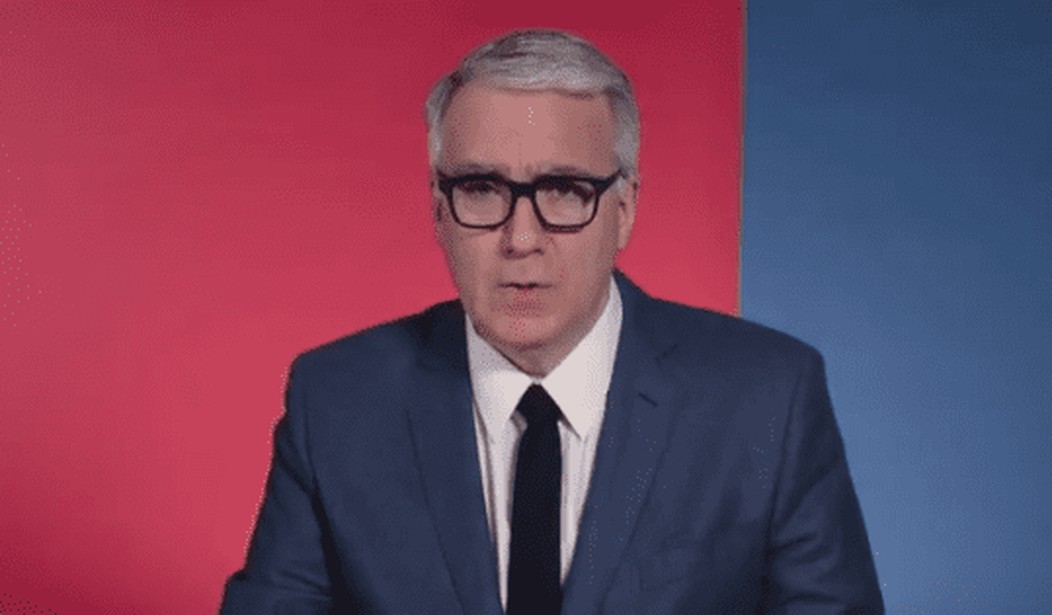Sen. Bernie Sanders (I-Vt.) could not believe California Democrats squashed a $400 billion universal healthcare plan.
“I am extremely disappointed that the Speaker of the California Assembly is refusing to allow S.B 562, the Single Payer Health Care bill passed by the State Senate, to come to the Assembly floor for a vote,” Sen. Sanders tweeted.
“At a time when the United States is the only major country on earth not to guarantee health care for all, and when tens of millions of Americans are uninsured or underinsured because of outrageously high costs, California has the opportunity to lead this nation in a very different health care direction,” Sanders added. “The eyes of the country are on California.”
Deborah Burger, RN, co-president of the California Nurses Association, accused Assembly Speaker Anthony Rendon (D) of “acting in secret in the interests of the profiteering insurance companies.”
“The people of California are counting on the legislature to protect them now, not sometime next year, and as polls have shown Californians support this proposal by a wide majority,” Burger continued. “Thousands of Californians have been in motion for guaranteed healthcare. They are not finished.”
SB 562 sponsors Sen. Ricardo Lara (D) and Sen. Toni G. Atkins (D) said they were disappointed Rendon pulled the healthcare package from the legislative calendar.
“This issue is not going away, and millions of Californians are counting on their elected leaders to protect the health of their families and communities,” Lara and Atkins said in a joint statement. “We will not turn our backs on this matter of life or death for families.”
“Continuing the push for universal healthcare has never been more critical with Congress possibly days from voting on one of the cruelest bills in our nation’s history, which will lead to millions of the poorest Americans losing insurance, soaring costs for older and sicker people, and terrible budget choices for our state,” Atkins and Lara added.
But it could be that Lara, Atkins, Burger and Sanders are overestimating public support for the idea of state-run health insurance for all.
A month before Rendon killed it, California voters said they liked the idea of universal healthcare. But then they found out a new 15 percent payroll tax was part of the package.
“What I see in the polls that have been released so far is that the support for single-payer is fragile,” Melissa Michelson, a professor of politics at Menlo College, told the Mercury News. “People like the idea of the government providing health insurance. But as with any program, they don’t really want to have to pay for it.”
Rendon squashed the proposal June 23. It wasn’t that he didn’t like the concept. Like many of his fellow Democrats, Rendon said he was concerned by a “cynical plan to repeal the Affordable Care Act” offered by U.S. Senate Republicans.
But at the same time, Rendon said his fellow Democrats had put together a plan which “didn’t make any sense.”
“It just didn’t seem like public policy as much as it seemed a statement of principles,” Rendon said. “It does not address many serious issues, such as financing, delivery of care, cost controls, or the realities of needed action by the Trump administration and voters to make SB 562 a genuine piece of legislation.”
Rendon also pointed out that because California lawmakers are only in the first year of a two-year session, they have plenty of time to work on a better universal healthcare proposal.
“The Senate can use that time to fill the holes in SB 562 and pass and send to the Assembly workable legislation that addresses financing, delivery of care, and cost control,” Rendon said.
However, to assume universal healthcare died because of policy details would be like blaming the death of a patient on the common cold.
The end of universal healthcare in California was brought on by much more than the devilish details and the daunting arithmetic of this massive switch in healthcare policy. It was pure politics.
The Sacramento Bee reported that the nurses’ unions and supporters of Bernie Sanders pushed hard for a strong universal healthcare program. They considered it a cornerstone issue for the Democratic Party and warned of intense public relations campaigns against any Democrat who didn’t support SB 562.
Threats of political reprisals may have seemed like a good idea at the time. But Rendon said all the warnings did was prompt him to pull the bill off life support.
“For me, it’s important that our members are in a place where they don’t have to face those threats,” Rendon said.
David Townsend, a political consultant who works with Democrats, praised Rendon’s decision to kill the universal healthcare legislation.
“The speaker called bullshit,” Townsend said. “More power to him.”









Join the conversation as a VIP Member